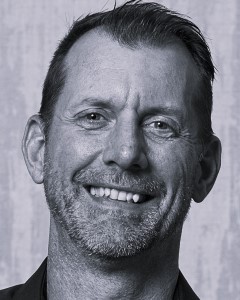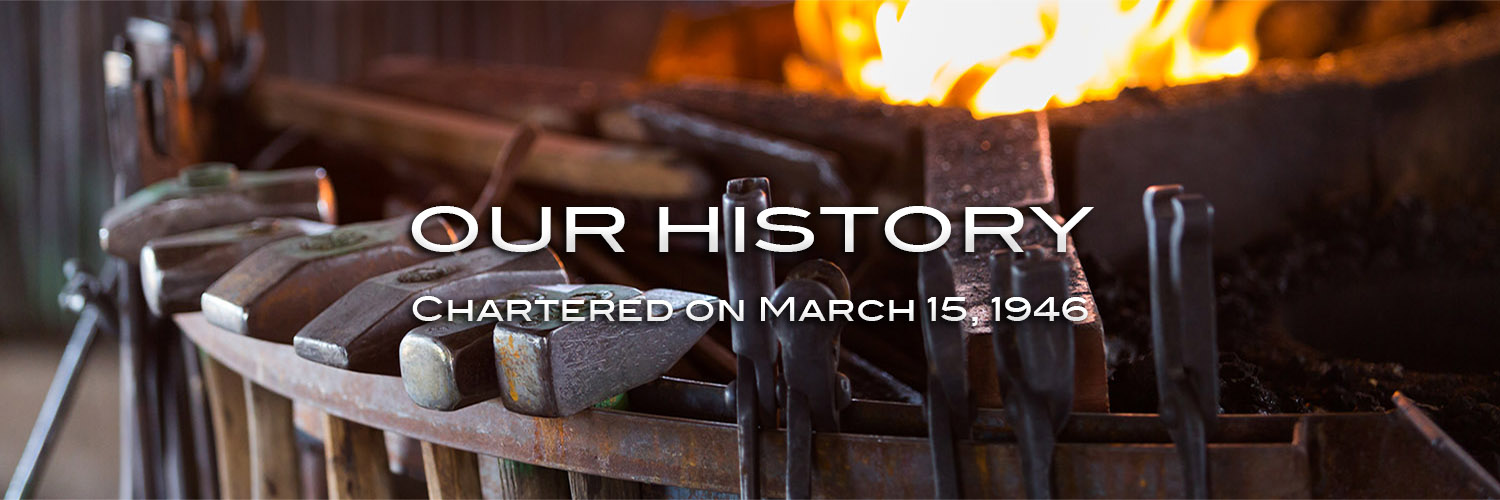
The Beginning
 Jim Downie is the father of Lodge 359. He had been on opposite poles from the shipyards’ Boilermakers Union Local #1 since its formation in 1927 as he was a member of International Brotherhood of Boilermakers Lodge 194 since the First World War. Local #1 was formed by a renegade group of his fellow Scots.
Jim Downie is the father of Lodge 359. He had been on opposite poles from the shipyards’ Boilermakers Union Local #1 since its formation in 1927 as he was a member of International Brotherhood of Boilermakers Lodge 194 since the First World War. Local #1 was formed by a renegade group of his fellow Scots.
During the depression years neither Local #1 nor Lodge 194 had much employment. The few boilermakers who did have steady employment were working in the railway shops.
During World War Two the shipyards boomed and Local #1 grew to become the largest local Union in Canada. It was plagued by dissension, but nevertheless, it ruled the roost in the shipbuilding industry.
Industrial shops were another sector where Local #1 (Marine workers) and the Steelworkers Union were in competition for members. The construction industry was at a near standstill as far as boilermakers was concerned. The exception was a ferry built at Kelowna in 1935, a boiler at Ocean Falls in 1938, the odd tank here & there and some waterline work. Lodge 194 Boilermakers had tough going.
Figure 2: Ocean Falls – 1938
At war’s end the province was poised to enter a construction boom and Jim Downie was determined that the Boilermakers would be represented by construction Boilermakers. Lodge 194 was dominated by railroad boilermakers and the shipyard boilermakers were under the thumb of Local #1.
Lodge 359 came into being as a result of an organizing meeting which took place in the Elk’s Hall in North Vancouver. Present were a crew of Boilermakers working for C.C. Moore & Co. at the BC Sugar Refinery on the Vancouver waterfront. Jim Downie chaired the meeting and signed the crew into the International Brotherhood of Boilermakers. Subsequently a charter was issued on March 15, 1946 naming the 21 charter members. Lodge headquarters was established in the Labour Headquarters building located at 529 Beatty Street. Lodge 359 soon became an affiliate of the Vancouver, New Westminster and District & Construction Trades’ Council.
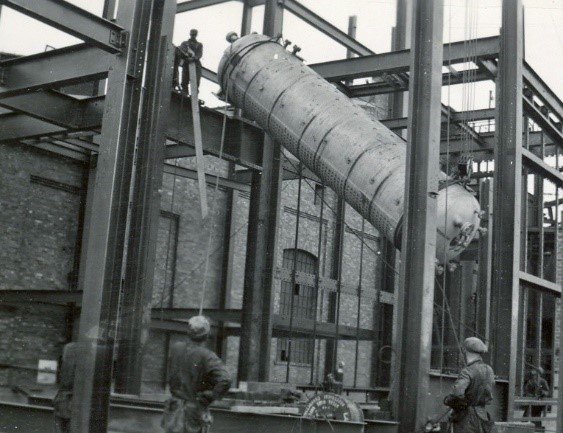
Figure 3: 1948 Tank project in Vancouver.
 Jim Downie was elected the first President of the Lodge. After the first year of operation without an agent, Downie became the Business Agent and was partially paid by the International. He was 62 years of age, but his years of experience in inter-union rivalry was a valuable asset to the young Local Lodge. There was other organizations who had aspirations of taking over the boilermakers jurisdiction, so the new Lodge needed strong guidance. It would take a man like Downie, with a lot of dagger wounds in his back, to give the leadership required.
Jim Downie was elected the first President of the Lodge. After the first year of operation without an agent, Downie became the Business Agent and was partially paid by the International. He was 62 years of age, but his years of experience in inter-union rivalry was a valuable asset to the young Local Lodge. There was other organizations who had aspirations of taking over the boilermakers jurisdiction, so the new Lodge needed strong guidance. It would take a man like Downie, with a lot of dagger wounds in his back, to give the leadership required.
Figure 4: John Hart Dam, crew members on the surge towers.
Horton Steel Works came to the province in 1946 to do boilermakers work at the John Hart Dam on Vancouver Island, some of whom came out of Local #1, but who had joined Lodge 359. The Easterners, out of Lodge 271, Montreal, decided to stay on the coast which was a boom for the new boilermaker Lodge as their expertise helped to establish a good reputation.
Soon other Hydro electric projects such as the Bridge River Project were undertaken as well as new grassroots pulp mills at Port Albernie, Harmac and Duncan Bay, all were underway by the end of 1949. The giant ALCAN Project got rolling in the early 1950’s as did a paper mill expansion at Powell River.
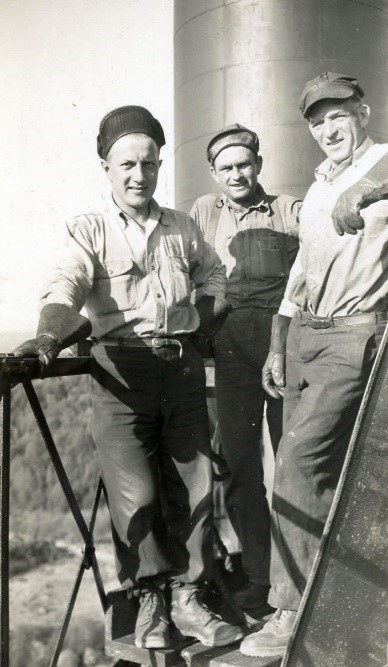
Figure 5:
Crew of Boilermakers going into one of the tunnels at Kemano, once the largest construction project in the world. Local 359 membership peaked out at 800 people during this time.
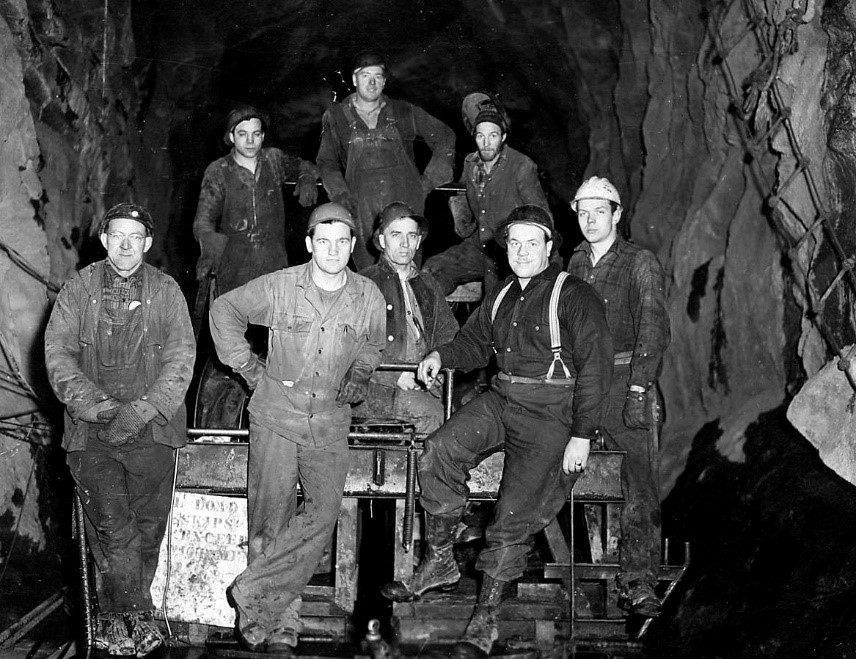
Figure 6:
One of the three refineries constructed in the Vancouver Lower Mainland during Jim Downie’s time.
New Petroleum plants were built in the Peace River country: at Dawson and Taylor. BA Oil built a new grassroots oil refinery at Port Moody, by the end of the decade (1959).
The above projects took place during Jim Downie’s time in serving Boilermakers as a Local Lodge President 1946-1957, Business Agent 1947-1950 and 1950 – 1959 as a District Representative.
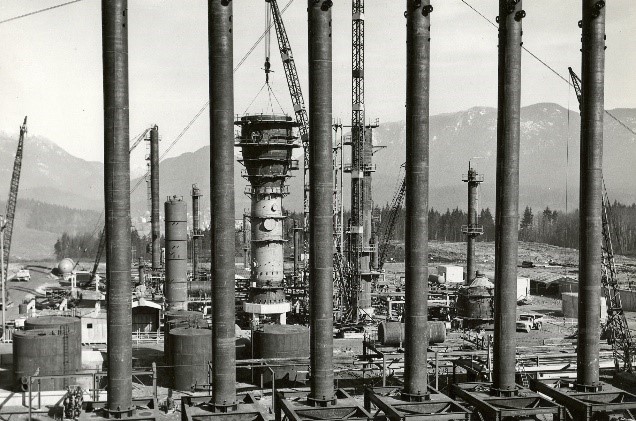
Lodge 191 was re-charted in 1951 under the guidance of Brother Downie and IVP Harry Gomes. In 1957 after Lodge 359 was in trusteeship for two and half years an election was held, Brother Fred Butler who also had a big hand in the Local Lodge was elected President over Brother Jim Downie.
Brother Downie soon retired. If Brother Jim Downie did not step forward to lead 75 years ago there would have been no Lodge 359 and maybe no Boilermaker construction trade in British Columbia.
There is no known relatives of Brother Jim Downie in Lodge 359.
Lodge 194 established in 1898 at Vancouver B.C. serving railway, shipyard, fabrication shops & some construction. At its peak of operation there was 1600 members, the local merged with 359 in the early 1990’s with 4 members.
With much appreciation these images and the story lines were supplied from the Robert MacIntosh collection.
Maurice Hadley (1952-1962)
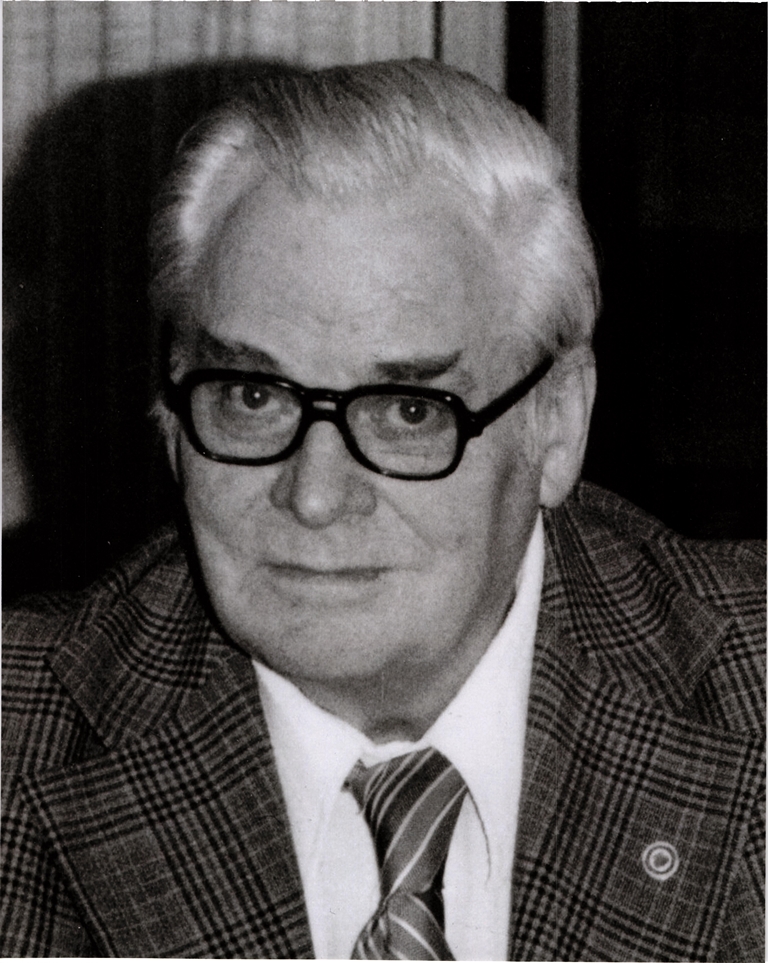
Lodge 359 was so busy in 1952 that Jim Downie needed help in the office. It was decided that the Secretary-Treasurer would go into the office on a full time basis to enable the District Representative to attend to his other duties. Lodge 191 in Victoria had been re-organized in 1951 and this Lodge required his attention too. Maurice Hadley began his duties as Business Manager in 1952.
Robert Macintosh (1962-1966)
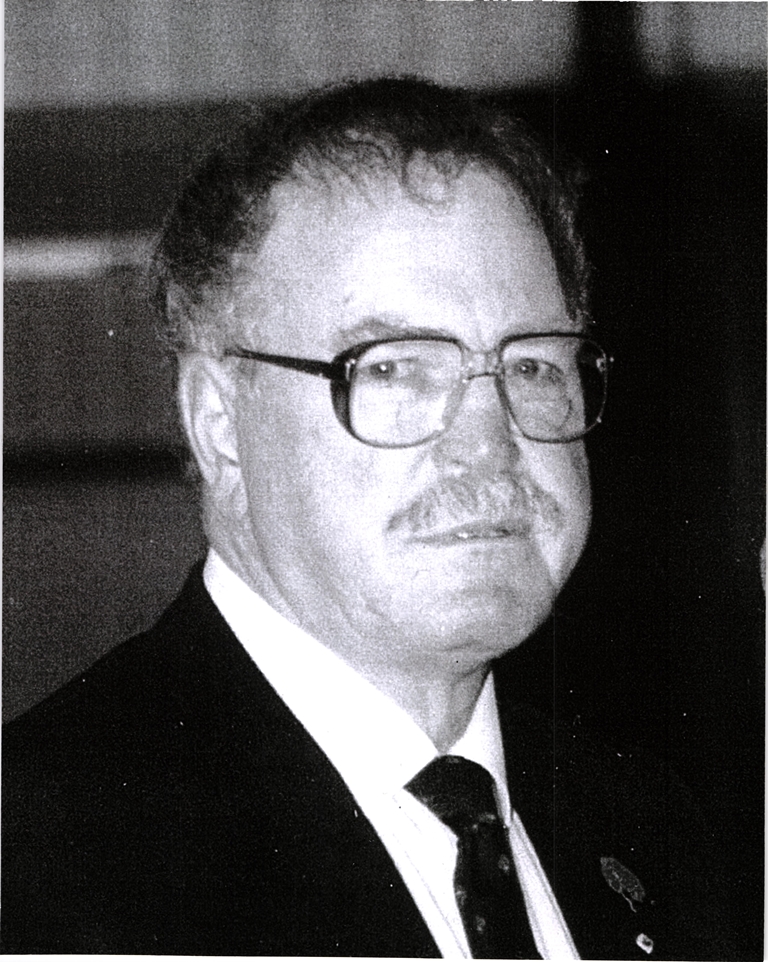
Maurice Hadley was appointed to the position of Staff Representative by International President Russell K. Berg in 1962. An election for a replacement in the office of Business Manager ensued with three candidates in the running: Fred Butler, Robert Macintosh and Clare Rowa. Macintosh was elected and his running mate, John MacAulay was elected as President.
Clare Rowa (1966-1972)
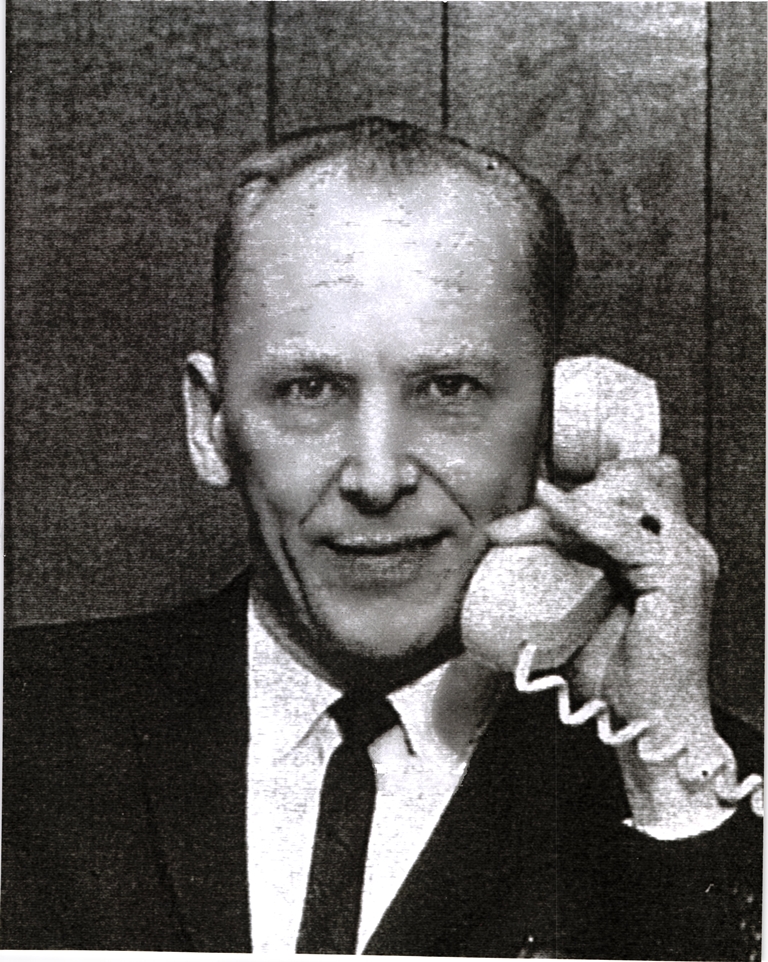
International President Berg appointed Robert Macintosh to the position of International Representative near the close of 1966. Clare Rowa ran unopposed for the office of Business Manager. He brought to the office the first full-time Shop Representative, Robert McElroy. John MacAulay replaced Ed Lee as dispatcher.
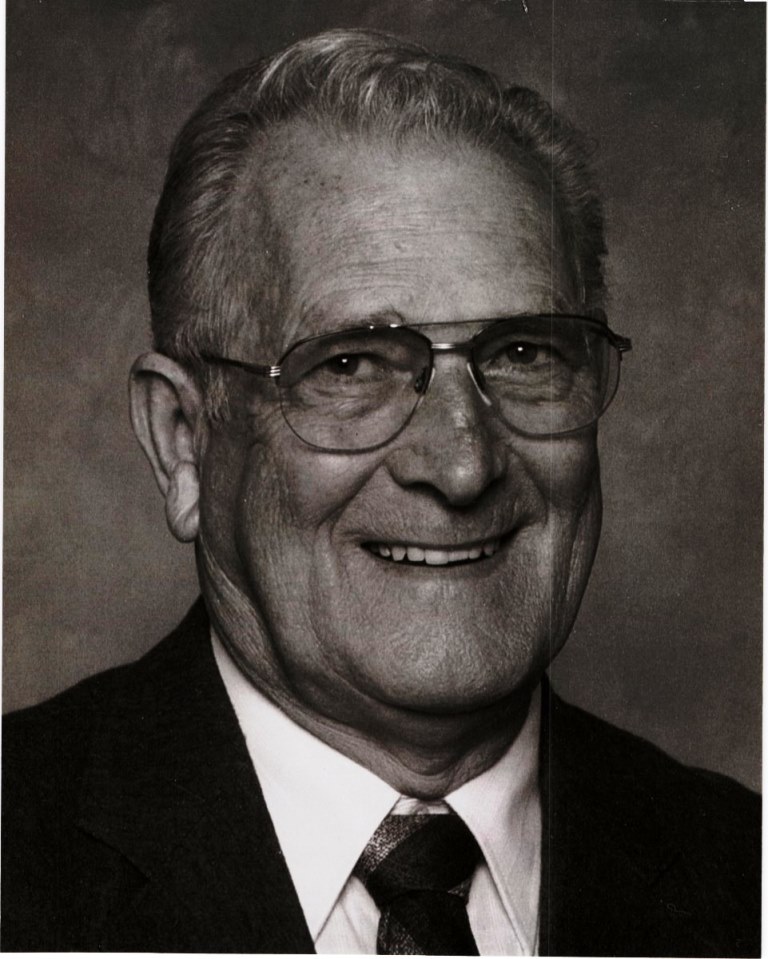
Don Vinoly successfully challenged Clare Rowa in the 1972 elections to be declared Business Manager. His running mate Dave March was elected President. When March left on an extended holiday, Bert Ford was elected to take over the chair. When Ford later left to accept a position with the Workers’ Compensation Board, Dwight Harris was elected to the office.
Both Vinoly and Harris won successive elections together until Harris was appointed to the International Staff by International President Charles W. Jones, in 1989.
The Vinoly Administration lasted seven consecutive terms, the longest continuous run of any Business Manager in Canada. It was, in fact, exceeded by very few others in the whole Brotherhood.
In the Vocational School, Fred Butler held down the job as Chief Boilermaker Instructor until his retirement, he was replaced by Joe Kiwior. Others helped out on a temporary basis from time to time; Gordon Spicer, Lou Fandry, Ben Anderson, John Dowell, Mickey Prendergast, Richard Macintosh, Robin Page, and Kerry Neilson.
Quality Control Council of Canada
In 1971, Lodge 359 and UA Local 170 working jointly organized a group of non-destructive testing technicians and subsequently negotiated a collective agreement covering the Province.
Soon it was extended to cover most NDT contractors in British Columbia. It was on to Alberta next where the Boilermaker and UA local unions had an NDT Agreement in place in 1973. Ontario was targeted next with success and this led to the formation in 1973 of a national council; the Quality Control Council of Canada (QCCC).
Lodge 359 has participated in the QCCC in an executive position ever since.
The 1970’s Photo Gallery
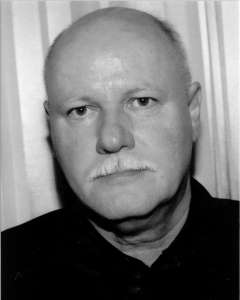
Frimen Tomsic
(1993 – 1998)
After more than two decades of service, Don Vinoly was defeated by Brother Frimen Tomsic at the 1993 election of officers. Prior to this election during the 28th Consolidated Convention held in 1991, delegates approved a resolution that changed the term of Canadian Business Manager’s from three to five years, newly elected Business Manager Tomsic was the first in Lodge 359 to serve the longer term.
The mid 1990’s were unfavorable for Lodge 359’s construction sector Boilermakers. Business Manager Tomsic negotiated a concessionary agreement with the goal that it would increase man hours, which did not come to fruition. Business Manager Tomsic was defeated in the next election.
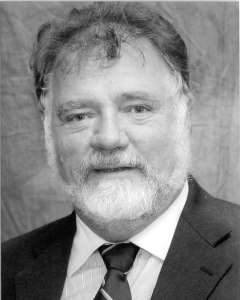
Carl Ellsworth
(1998 – 2008)
The 1998 election of officers saw Brother Carl Ellsworth successfully challenge Business Manger Tomsic. Business Manager Ellsworth went on to serve two terms before being unseated in 2008.
Business Manager Ellsworth was able to regain some lost ground at the next round of negotiations with the construction sector employer’s after Brother Tomsic’s term, but the following round soured again and saw a brief strike which was unauthorized by the International. Manager Ellsworth was directed to end the strike and return to Work.
Business Manager Ellsworth and the International butted heads on more than one occasion. Manager Ellsworth saw Constitutional charges filed against him by members of Lodge 359 while in his second term. After a lengthy process, charges were withdrawn.
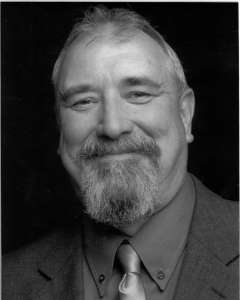
Phil Halley
(2008 – 2012)
In 2008 Brother Phil Halley was elected as Business Manager. Brother Halley had previously worked in the Union’s office under the direction of Manager’s Tomsic and Ellsworth as Dispatcher and then Business Representative.
Business Manager Halley’s term was mostly uneventful and after only four years at his post Manager Halley resigned, then retired, and subsequently accepted a position with the International.
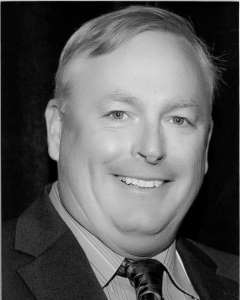
Martin Nicholson
(2012 – 2018)
Brother Martin Nicholson was elected as interim Manager in 2011 after Manager Halley’s resignation. After only one short year Business Manager Nicholson was re-elected with the lofty goal of selling the Dawson Street property and finding a suitable building for the Union that had room to accommodate an office, meeting room and a training centre of our own.
Business Manager Nicholson sought and received the membership’s approval to proceed with the sale and purchase of a new facility. In 2015 the Dawson Street property was sold and the purchase of the Langley property finalized. After approximately six months of renovations Manager Nicholson and his staff made the move to Lodge 359’s new home.
Business Manager Nicholson chose not to run in another election after meeting his goals of securing a new home for the membership and negotiating a long term agreement which provided six years of stability in the construction sector. Brother Nicholson retired from the trade in late 2018.

Jordan Streng
(2018 – 2023)
In the 2018 election cycle, Brother Jordan Streng emerged as the chosen Business Manager, despite the election being marred by controversy. The International took notice and ordered a re-vote, which only solidified Jordan’s standing as the favored candidate. The members rallied behind him, just as they had in the initial round of voting.
During his tenure as Business Manager, Brother Streng exhibited exemplary leadership within the Building Trades. He successfully mended the broken relationship with the BCA, orchestrating their return to the Province. Furthermore, he skillfully negotiated three vital agreements, sealing deals with the BC BCA, as well as the CLR. These agreements comprised the highly significant CIMS Geo-Tech Agreement and the CLR Standard Agreement.
In a landslide victory, Jordan secured re-election by acclamation in 2023. However, fate had something extraordinary in store for him. Amidst turbulent times within the International, they approached Jordan, recognizing his remarkable skills and dedication. They offered him a prestigious position as International Representative. Having already reached the pinnacle of success within Lodge 359 and playing a crucial role in restoring the Boilermaker reciprocal agreement, Jordan was drawn to this enticing opportunity.
In the face of these achievements, Jordan felt a calling for a new challenge beyond Lodge 359. He embraced the opportunity presented by the International, ready to extend his impact on a larger scale.
Brother Jordan Streng’s journey is a testament to his unwavering leadership, strategic accomplishments, and his readiness to embrace new horizons.
